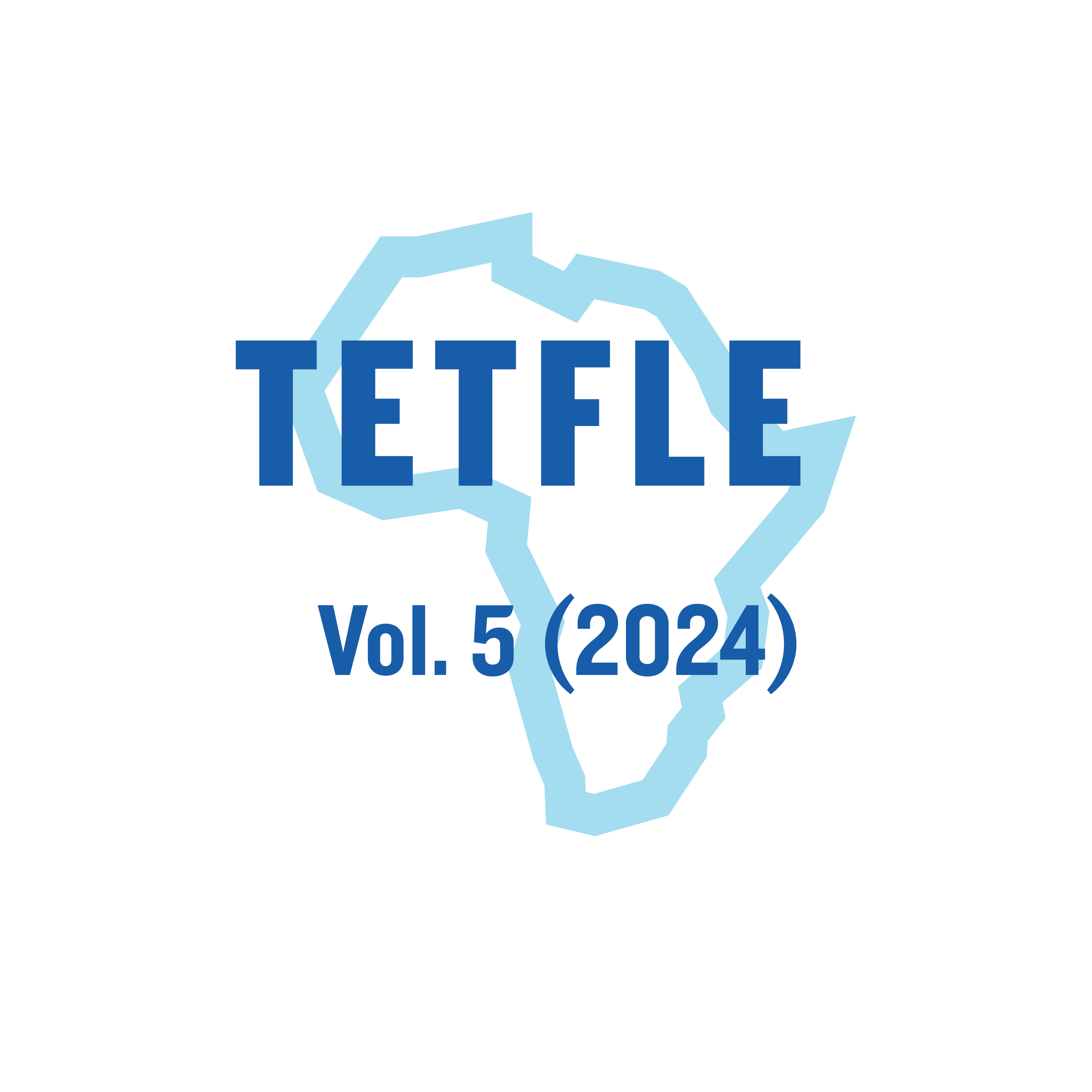Teacher education practices in a flexible higher education environment
The case of the Distance Education Unit of North-West University, South Africa
DOI:
https://doi.org/10.35293/tetfle.v5i1.4564Keywords:
Africa, COVID-19 Pandemic, Open and Distance Education, South Africa, Teacher educationAbstract
The Distance Higher Education Unit at North-West University, South Africa, has now been operating for more than twenty years, having been created and crafted in response to the societal and educational context of South Africa. Besides the University of South Africa, this Distance Education Unit is the second largest supplier of distance higher education in South Africa. A substantial part of the unit’s activities is teacher education. The coronavirus disease 2019 (COVID-19) pandemic has induced a major reassessment and redesign of the model introduced twenty years ago with the vision to ensure access to growing numbers of students and to supply quality education programmes, making maximum use of available technology to achieve these goals. Against the backdrop of teacher education and challenges surrounding teacher education in Africa and South Africa, this article aims to survey and assess the unit’s experience with distance education and the reform induced by COVID-19. The research method used was that of comparative and international education, at the level of the case study. The conclusion reached is that at the North-West University
Distance Education Unit, COVID-19 had the effect of accelerating the imperative to harness the best contemporary technology can offer to enhance the teaching-learning effort of the unit. This change has created a new normal, which had a knock-on effect
on the contact education sector of the university as well. The majority of students in the Distance Education Unit are education students. This unit constitutes a case study other universities in Africa can learn from in responding to the need to increase
teacher education capacity on the continent urgently.
Downloads
Published
Issue
Section
License
Copyright (c) 2024 Charl Wolhuter, Susan Greyling

This work is licensed under a Creative Commons Attribution-NonCommercial-ShareAlike 4.0 International License.

Authors who publish with this journal agree to the following terms:
Authors retain full copyright and grant the journal right of first publication with the work simultaneously licensed under the Creative Commons Attribution Share-alike 4.0 International License This license lets others remix, adapt, and build upon authors' work non-commercially, as long as they credit the author and license their new creations under the identical terms that allows others to share the work with an acknowledgement of the work's authorship and initial publication in this journal.


